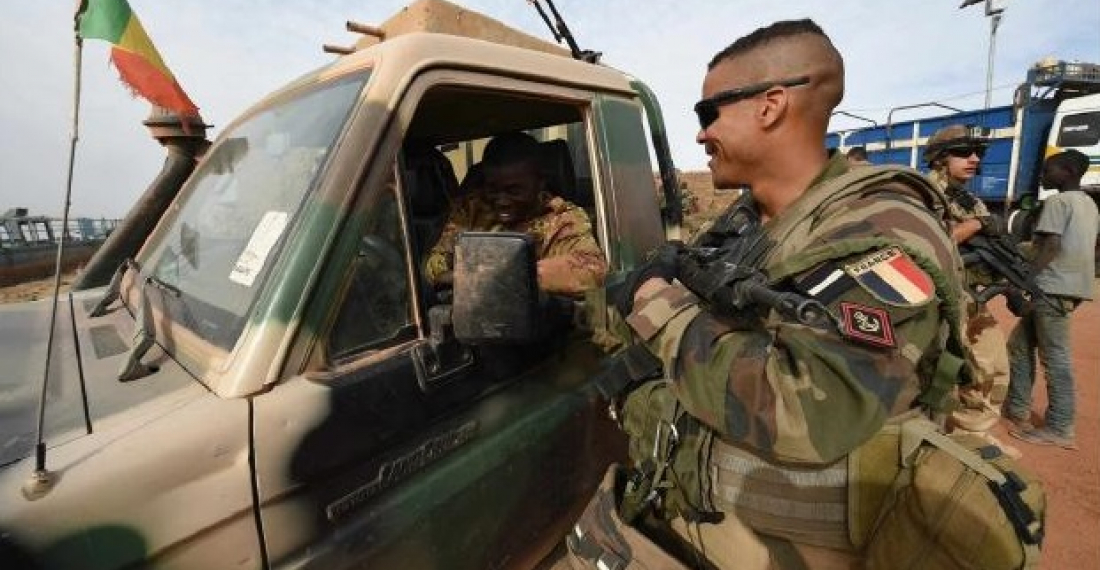Niger lawmakers approved on Friday, 22 April, a bill allowing the redeployment to its territory of European special forces, previously based in Mali to fight against jihadist groups in the Sahel.
While Niger’s parliament overwhelmingly approved the legislation with 131 votes in favour and 31 against, the policy remains opposed by some parties who oppose Western military influence.
Faced with the opposition, which is claiming a loss of national sovereignty, Niger's Prime Minister Ouhoumoudou Mahamadou reminded parliamentarians that the country was surrounded by armed terrorist groups.
Niger's president Mohamed Bazoum had already agreed in principle in February to the deployment of more European soldiers on its soil. This was in reaction to the withdrawal of European troops from Mali, following the rapprochement between the Malian junta and Moscow.
While the new law does not specify the number of European soldiers arriving in Niger, around 2,400 French troops and 900 European special forces personnel are due to leave Mali in the coming months. Paris hopes to redeploy some of them to Niger or countries in the Gulf of Guinea such as Benin, Ghana, and Côte d'Ivoire to carry on the war against jihadist groups.
Indeed, the intelligence activities and air support provided by the European forces seem crucial to Niger in order to fight efficiently on the ground.
While the ruling party's large majority ensured that the law was passed smoothly, it is the anger of civil society weary of a foreign army presence amid growing public anger about France's military involvement in its former colonies that causes concern to the government.
The prominent role of the Malian population's support for the decision of the country’s military rulers to forego French military support is just one expression of the resentment of the many people in the Sahel towards the French.
Niger faces terrorist groups affiliated primarily with Boko Haram on its southern flank and al-Qaeda terrorists on its western border with Mali.
During the visit of German Foreign Minister Annalena Baerbock to Niger to discuss Niger's security concerns, the Prime Minister Massoudou had indicated that Niger wanted partners to become more involved in training the country's forces and taking part in joint missions.






